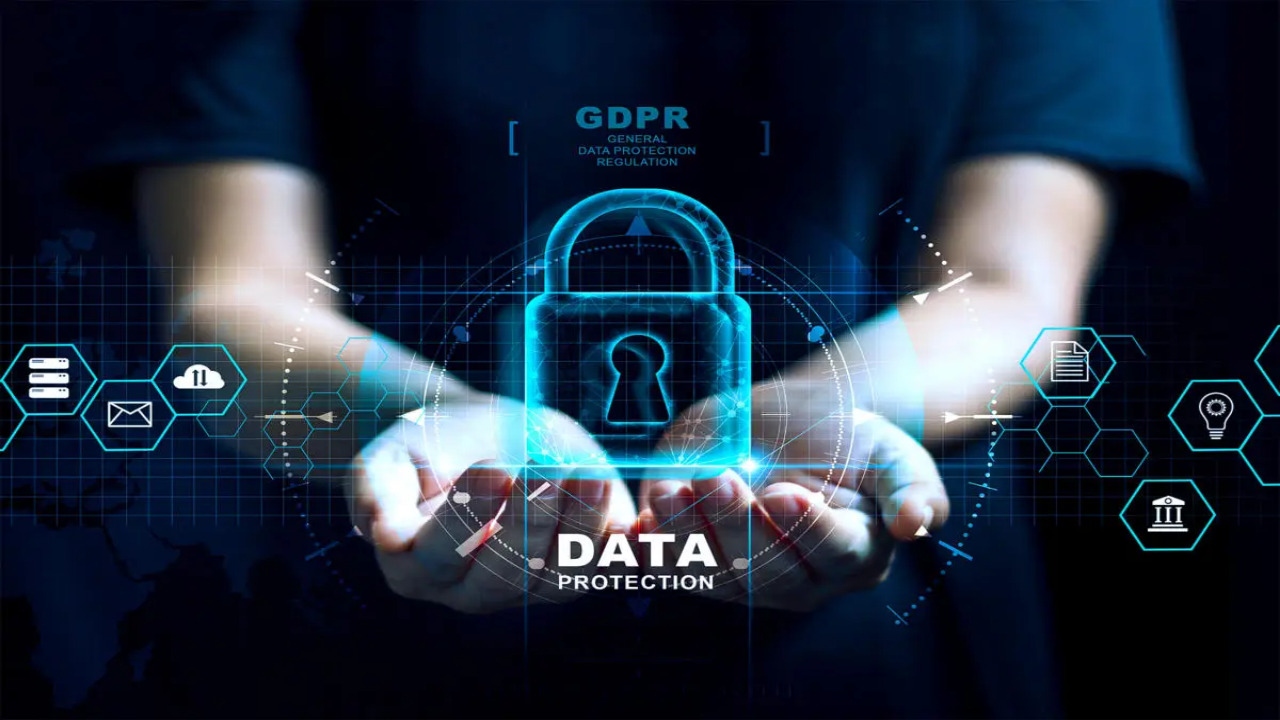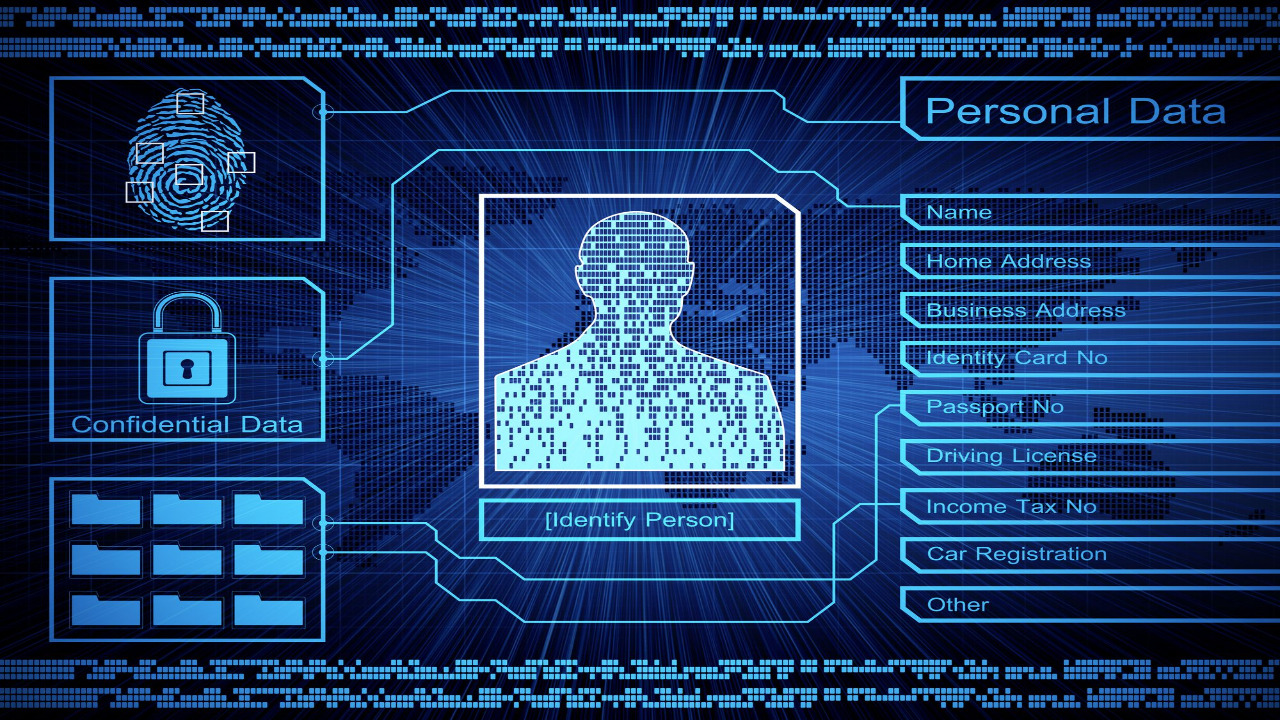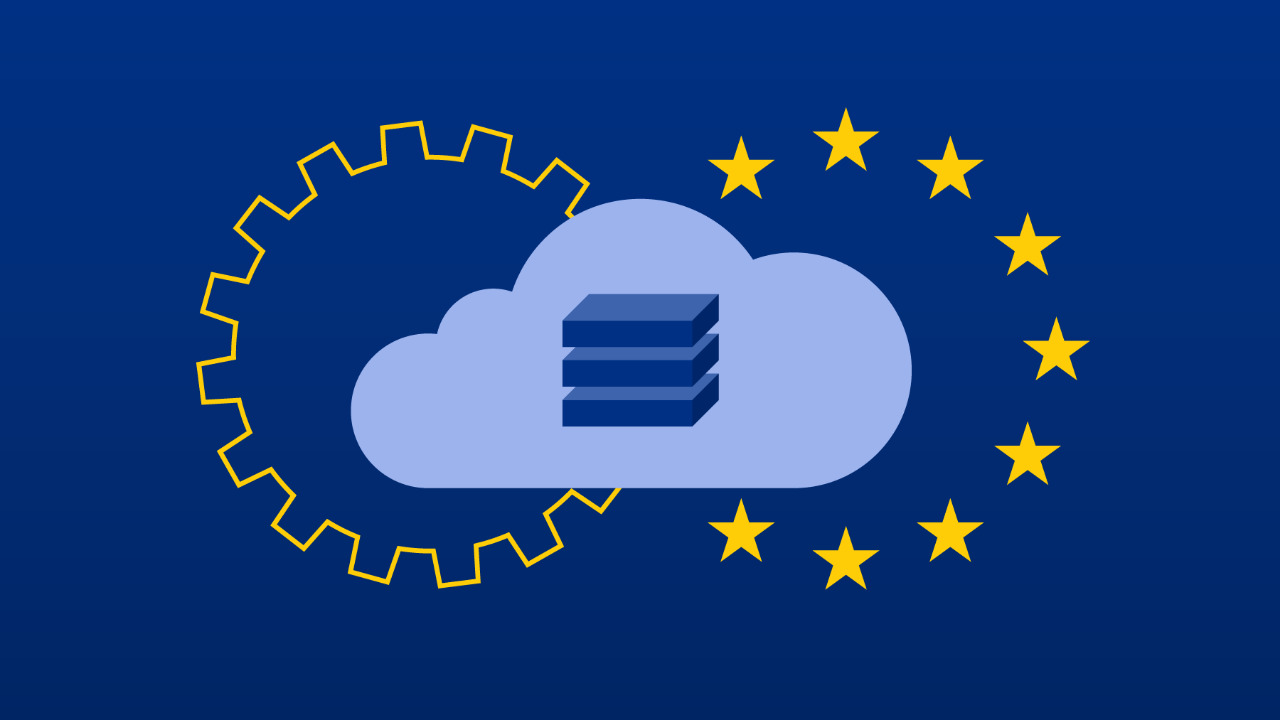Personal data is a sensitive topic in the digital age. There are many rules and regulations regarding what type of personal information companies can store, how they can store it, and when they can use it. Furthermore, this topic becomes more intricate when you start talking about processing personal data.
What exactly is the processing of personal data? How is it different from other activities involving personal data? Let’s take a look at what processing of personal data entails from Ethyca DSAR and its implications for businesses.
Defining the Processing of Personal Data

The processing of personal data refers to any operation that is performed on personal data. This could include collecting the data, storing the data, deleting the data, or transferring the data to another entity.
The GDPR defines personal data as data that is related to an identifiable person. This data could be anything from a name, email address, bank account information, IP address, or medical information. Any time a company processes personal data, it is important to have a sound legal basis for doing so.
Why Is Processing Personal Data Important?

The GDPR is designed to protect individuals from privacy violations that could stem from the processing of personal data. The major goal of the GDPR is to protect the privacy of individuals within the EU by regulating the way companies handle sensitive information, such as personal data. If a company fails to follow the GDPR’s guidelines when processing personal data, it could face serious consequences.
These consequences could include heavy fines, loss of customers, and even a complete shutdown of operations. The GDPR is designed to protect individuals from privacy violations that could stem from the processing of personal data.
What Are the Implications of Processing Personal Data?

The implications of failing to process personal data appropriately include heavy fines, loss of customers, and even a complete shutdown of operations. The GDPR is designed to protect individuals from privacy violations that could stem from the processing of personal data.
The GDPR can change the way organizations operate by requiring them to re-examine how they handle personal data. It could change how organizations collect, store, delete, and transfer personal data. It’s important to remember that each of these activities is considered processing personal data under the GDPR.
How to Maintain Transparency While Processing Personal Data?
The GDPR is designed to protect individuals from privacy violations that could stem from the processing of personal data. Companies should maintain transparency when processing personal data to ensure that individuals understand how their data is being handled. Organizations can do this by providing individuals with a privacy notice that outlines what information is being collected, how it is being processed, and who it is being shared with.
This communication should occur when the company first collects the data and continue throughout the relationship. If the company plans to change any of the data processing practices outlined in the privacy notice, it must first obtain the consent of the individual.
Conclusion
The GDPR is designed to protect individuals from privacy violations that could stem from the processing of personal data. Any time a company processes personal data, it is important to abide by GDPR guidelines. The GDPR requires organizations to maintain transparency while processing personal data. To do this, companies should provide individuals with a privacy notice outlining what information is being collected, how it is being processed, and who it is being shared with.